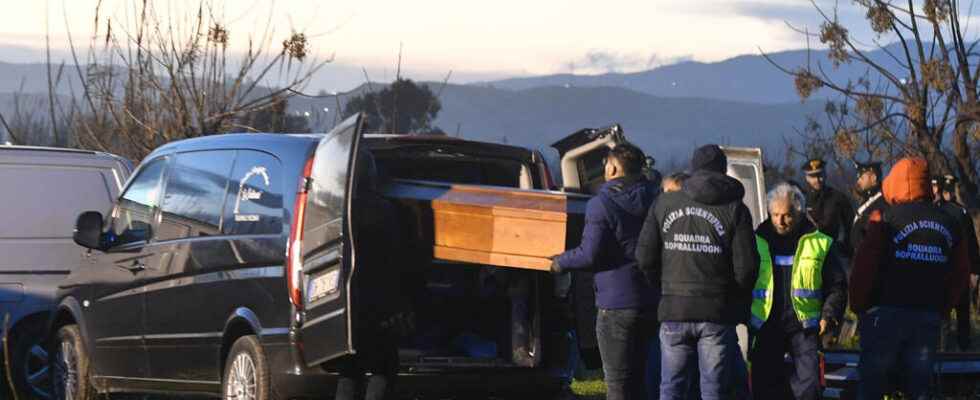After the dramatic shipwreck off Crotone, Calabria, in which at least 59 people died, including around 20 children, while rescuers saved the lives of 80 migrants and are still looking for dozens of missing, voices rise up to ask the EU to act concretely in order to face the issue of immigration via the Mediterranean with responsibility and humanity.
With our correspondent in Rome, Anne Le Nir
The shipwreck in Calabria occurred shortly after the Italian Parliament passed a law that forced humanitarian ships to carry out only one rescue at a time and to head for the port designated by the Ministry of Interior, which can be located in the north of the country and no longer just in the south, closer to the relief areas.
These measures, strongly desired by the right-wing coalition government, led by Giorgia Meloni, would increase the risk of death in the Mediterranean, according to NGOs and center-left forces.
For Democratic Party Senator Simona Malpezzi, “ without a common European policy, it will not be possible to deal concretely with the painful subject of immigration “. While Matteo Salvini’s League and the Fratelli d’Italia party insist on the ” need to block the departure of illegal migrants “.
As for the President of the Republic, Sergio Mattarella, guarantor of the Italian institutions, he asks that the European Union ” finally assumes the responsibility of governing the migratory phenomenon to remove it from human traffickers “.
►Also read: Dozens of migrants died in a shipwreck near the Italian coast
After the tragedy, Ursula von der Leyen redoubles her efforts to advance her migration policy
On Twitter, the President of the European Commission called the death of the migrants ” tragedy », and said to herself « deeply saddened “. In particular, she asked redouble efforts on the Pact on Migration and Asylum, and on the Central Mediterranean Action Plan “.
The idea of the Asylum and Migration Pact, presented in September 2020 by the Von der Leyen Commission, is to broadly reform European migration policy, which has largely shown its shortcomings since the migration crisis of 2015-2016.
This Pact is primarily based on strengthening the EU’s external borders. It plans to process asylum applications directly in the country of arrival of migrants, while being faster in their processing. The idea is to return more quickly those who have little chance of obtaining asylum, people from a country deemed “safe” by the EU, in particular.
This first screening aims to discourage departures to Europe. This is where the disagreements arise between the Twenty-Seven, because such a system imposes, as today, a large part of European migration policy on the so-called ” front line », namely Malta, Cyprus, Greece or Italy, which regularly complain about it.
So, to relieve them, the Pact provides for a solidarity mechanism with a distribution of asylum seekers within the Member States. Except that the countries of the East, Hungary and Poland in the lead, refuse any compulsory reception of migrants. And the countries of first reception say no to any reinforced border control without this guarantee of solidarity.
Result: deadlock, for a reform that must still be concluded before spring 2024.
In Brussels,
Jean-Jacques Hery
According to the Italian coast guard, the boat was carrying around 120 people (200, according to firefighters). According to the latest information, most of the migrants came from Afghanistan, Iran and Pakistan, via the Turkish port of Izmir.
The rescue ship Geo Barentsfrom the NGO Doctors Without Borders (MSF), immobilized by the Italian authorities for four days, is accused of not having shared all the information concerning his last trip.
But his sequestration for twenty days prevents him from coming to the aid of migrants, as evidenced by Caroline Willemen, deputy head of mission at within the non-governmental organization, interviewed by RFI.
Unfortunately, we have been hearing this news for years. What we see in Europe, whether at sea or at other borders, is that we put up walls, we always look for other ways to make it more difficult for people to flee the places from which they come, but that’s exactly what leads to this kind of drama…
Caroline Willemen, in charge of search and rescue operations at MSF
